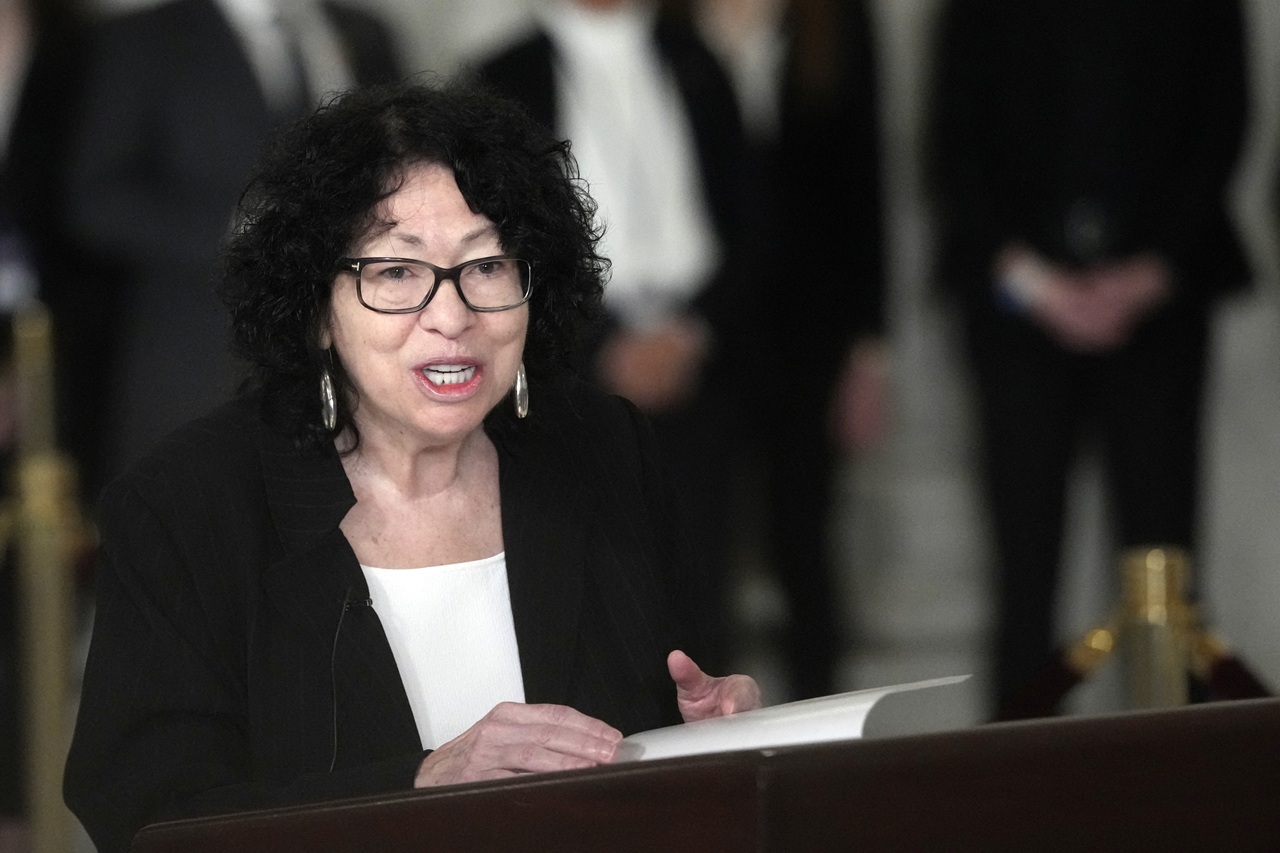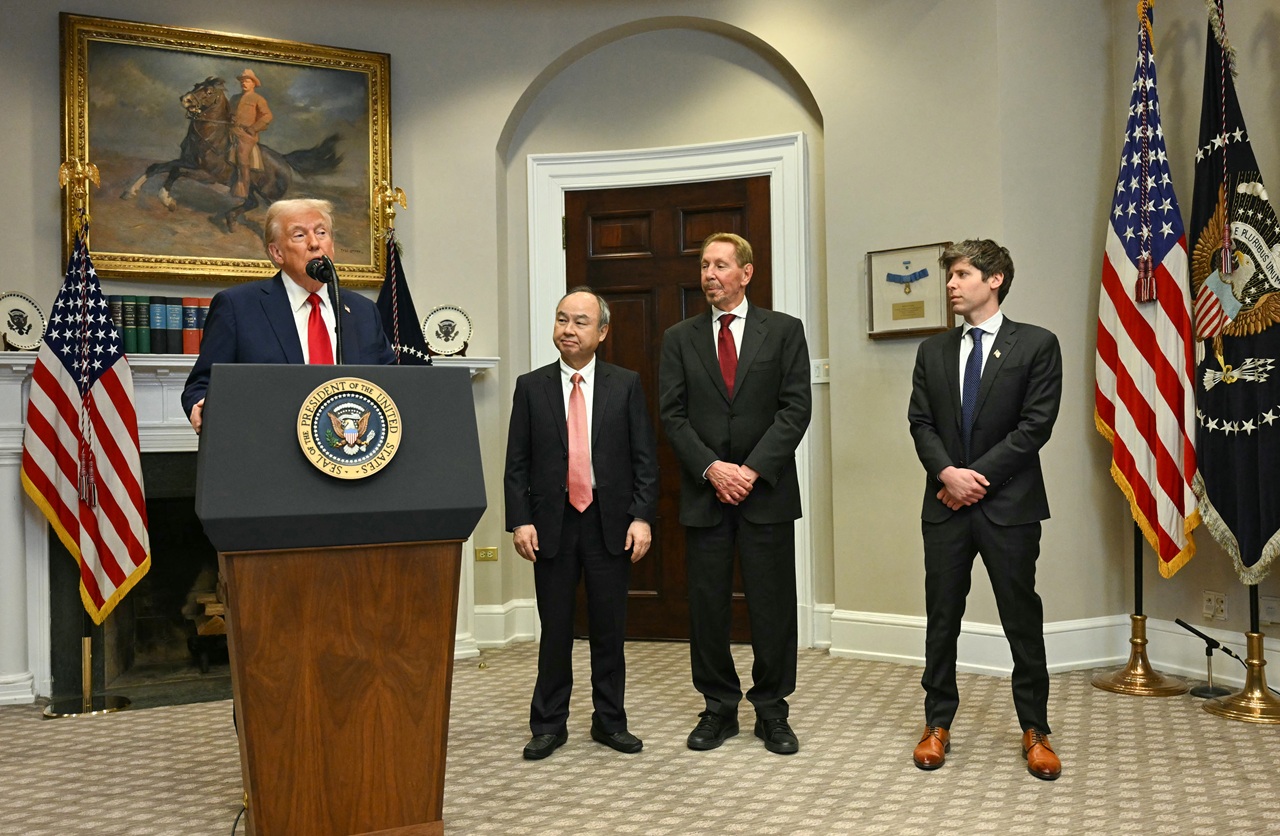
Connecting nonprofits to funders at the 11th annual Youth Nonprofit Symposium
Councilman At-Large David Oh hosted his 11th annual Youth Nonprofit Symposium at Temple University on Tuesday, Jan. 10.
When Councilman At-Large David Oh first took office in 2012, he quickly learned something that all At-Large Councilmembers come to see once they begin their term.
“I got elected and I never knew until after I was elected that City Councilpeople At-Large have no money,” he said.
Given this dynamic, every project and initiative Councilman Oh has put together during his decade-plus as a Councilman, he has had to fundraise for it.
One of the staples of his tenure has been the annual Youth Nonprofit Symposium, established in 2013.
On Tuesday, Jan. 10, the Symposium saw its 11th annual iteration. The event is designed to help connect youth-servicing nonprofits with corporations and foundations that provide funding to help fulfill their missions.
Oh often highlights the critical role nonprofits have to the Philadelphia region.
“If it wasn’t for [nonprofits], our city would have a lot more problems and because of you, we hope to solve a lot of these problems,” Oh said.
However, a key part of doing so is through funding.
“Thankfully, we have foundations and we have corporations that make it a point to provide resources and funds for the work that you do,” Oh added.
Since it was established, the Symposium has been a bridge to connect nonprofits with funders, and find ways to make a positive impact for the Philadelphia community.
Impact in Three Key Focus Areas
Jay Culotta, President of the Wawa Foundation, served as the event’s keynote speaker.
Founded in 2014, the Wawa Foundation supports Wawa’s charitable giving and philanthropic activities with the purpose to help fulfill lives and build stronger communities.
As someone who has a long history of involvement in the community, Culotta can sum up his dedication to his philanthropic work in just a few words.
“The most valuable lesson that I’ve learned over the years is… it feels good to do good,” he said.
At the Wawa Foundation, its impact in the community is guided by three focus areas — health, hunger, and heroes.
Health encompasses hospitals, treatment, and research & care; hunger is dedicated dairy origins, food banks and food distribution; and heroes refer to crisis responders, military & veterans, and education/mentoring.
The numbers speak volumes as it relates to the impact the Wawa Foundation has been able to make within these focus areas over its history.
“We’ve provided about $130 million in support that’s impacted more than 6,000 organizations all within these focus areas of health, hunger and everyday heroes,” said Culotta.
In addition, Wawa has donated 30 million meals to local food pantries through its food donation program.
While the Wawa Foundation has its executive board, Culotta highlights that it’s the entire Wawa organization that really makes the difference.
“A lot of things that we do [at Wawa Foundation] are bottoms up,” said Culotta. “It’s our associates in the store who are encouraging us to do different things within the community, to serve our community.”
The associates saw that a lot of food was being wasted, and created a way to safely provide the unused food to those who need it.
However, it goes even deeper than that.
RELATED CONTENT
“I’d be remiss if I didn’t acknowledge that our customers play a huge role in our ability to support our communities,” Culotta added.
This is especially true given that each Wawa store has coin boxes installed by the cash register. Every cent that is collected goes toward supporting Wawa’s seven national partners, as well as its local and regional partners.
“And these funds supplement what Wawa contributes to the Wawa Foundation to support our activities,” said Culotta.
When it comes to organizations that may be looking to work with the Foundation for grant requests or applications, Wawa has five elements that serve as criteria.
They are:
- The organization must have 501(c)3 non-profit status
- It must be aligned with Wawa’s focus areas
- There must be geographic relevance to Wawa
- Impact of the program
- Status, strength & ratings
“We look at our contributions as an investment in the community, and we want to ensure that we invest in strong organizations that will use funds wisely to accomplish their missions,” said Culotta.
He added that Wawa receives an average of 1,100 requests a month. This includes current partners, as well as new partners.
As a piece of advice to organizations, Culotta recommends, “Start small, develop a relationship and a history of support with your grant.”
“It’s all about developing relationships,” he added.
More information about the application process and the Wawa Foundation’s work can be found at thewawafoundation.org.
Connecting Nonprofits to Funders
In addition to the keynote address, the Youth Nonprofit Symposium also provided an opportunity for local nonprofits to hear from representatives from local foundations.
This year, the participating corporations and foundations of the event were The Kind Family Foundation, The Press Foundation, AT&T Foundation, The Comcast Foundation, Bank of America, The Ellis Trust for Girls, The PECO Foundation, and The Seybert Foundation.
“I think the critical things are hearing from the funders, speaking with them, exploring with them,” said Oh. “but they're also looking for you to collaborate, work with each other, get to know each other [and] see how you can do things to achieve your common mission.”
Mutual collaboration is key to making the positive impact that is needed across the region.
That has been the over-arching goal that has driven this annual event now for the past 11 years.










LEAVE A COMMENT: